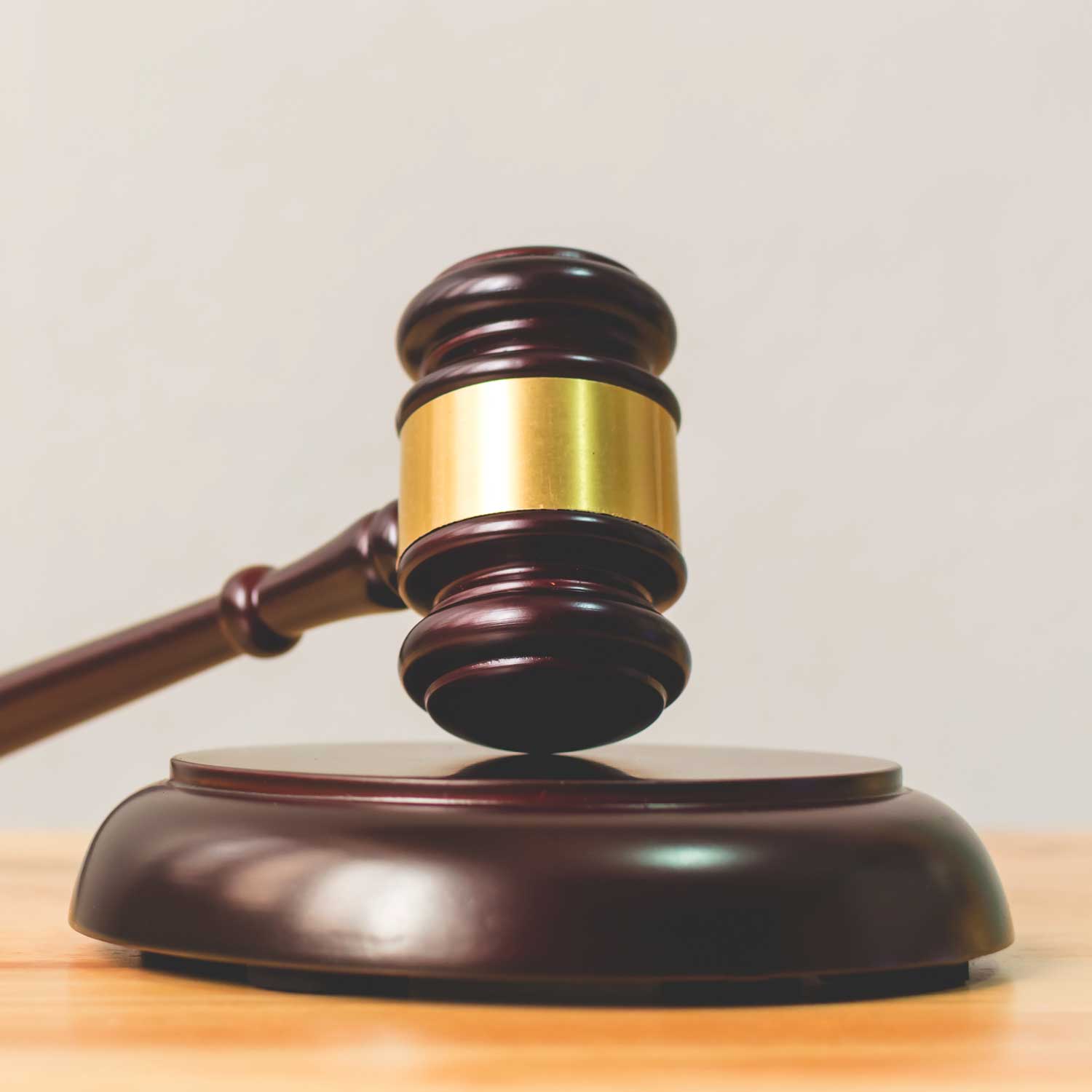Blog originally published by American Society for Reproductive Medicine (ASRM)
A California Court of Appeals upheld a trial court’s ruling that a widow had no right to use her deceased husband’s sperm without an affirmative showing that he intended her to do so. As a result, the court dismissed her lawsuit against an IVF physician, program and storage facility that lost the sperm. The facts are taken from the plaintiff’s complaint because the appeal was based on whether or not the plaintiff’s complaint alleged viable causes of action: the standard of review is to accept facts recited in the complaint as factually accurate and assess whether–assuming those facts are true–the legal claims can proceed. The case highlights a number of legal issues arising from posthumous (or comatose) extraction, use and parentage, and the different analyses and outcomes among different state laws, as well as ethics committees.
The lawsuit was brought by Sarah Robertson, whose deceased husband, Aaron Robertson, had suffered from Marfan syndrome. According to her complaint, the couple had been married in 1995 and “planned to start a family when reliable medical technology existed” in order to prevent transmitting the disease to any offspring. In 2004, at age 29, Aaron had a stroke and fell into an irreversible coma, from which he died a week later. Before his death, Sarah requested, and UCLA’s ethics committee approved, extraction of Aaron’s sperm.
Six vials were obtained, frozen, and stored. Sarah continuously paid storage fees, initially to Tyler Medical Clinic which froze and stored the sperm, and starting in 2006, as she noted, to another entity. At that time, she contacted the physician at Tyler Medical Center for reassurance the specimens would be safely maintained as she intended to use them to conceive in the future. She was informed by that physician that he was retiring but that another physician who had joined the practice, the defendant Peyman Saadat, would be purchasing the business and the specimens would continue to be safely stored. In 2006, the business purchase was completed, and the tissue bank contents were transferred to Saadat’s facility. In April 2014, Sarah requested the vials be transferred to UCLA so she could access them for treatment and was later told that the clinic could only locate one of the vials. At one point she alleges she was told the other vials were likely lost in a fire, but she later learned the fire occurred at least a year before Aaron’s sperm vials were stored. Sarah made arrangements to transfer the remaining vial, and alleged Saadat instead repeatedly attempted to intimidate her to allow him to perform her treatments. In April 2015, the clinic informed her the only remaining vial belonged to another individual with the same first name as Aaron. Sarah unsuccessfully attempted to have the clinic notify its patients they might have unknowingly conceived with Aaron’s sperm.
In her lawsuit, Sarah Robertson relied on several legal theories, and amended her complaint after the trial court struck a number of her causes of action. She ultimately presented causes of action for: professional negligence (against Dr. Saadat only); breach of oral and written contract; negligent infliction of emotional distress; negligence, fraud, misrepresentation, and/or, concealment; and violations of federal regulations and California commercial and business and professions codes. Aaron’s parents initially joined as plaintiffs, but the trial court dismissed their claims for lack of legal standing. The factual bases for the widow’s claims included that the defendant physician and business denied her an opportunity to have her deceased husband’s biological child, necessitating her expending additional costs for fertility treatments, emotional distress for both her lost opportunity and the fear that others received Aaron’s sperm and might have children at risk of Marfan syndrome, and that the defendants had made false representations through their website, advertising and promotional materials that they had the ability to store reproductive tissue safely.
The trial court ruled against the plaintiff, finding she had no right to use the sperm for reproductive purposes, and that allowing her claim would be against public policy, and therefore, she was entitled to no relief. The court dismissed the complaint, and this appeal followed.
On appeal, the court put aside the public policy issues, and scrutinized the alleged facts in the complaint. It concluded that all of the plaintiff’s claims were predicated on a claim that she was legally entitled to use her deceased husband’s lost sperm to conceive. The court found that under California law she had no such right, as there was insufficient evidence of his consent to either extraction of his sperm or posthumous procreative use of it. Without that consent, it ruled she had no right to have extracted or used the sperm, and therefore, could not press claims for harm and resulting damages. The court dismissed the case in its entirety.
The court reviewed California law, including two cases in that state involving claims to use a deceased’s sperm. In the first, Hecht v. Superior Court (1993), the California Supreme Court upheld posthumous use, over the objection of the deceased’s former wife on behalf of their adult children, where he had expressly and in writing authorized posthumous release to, and use by, his current partner. That court distinguished sperm from embryos, ruling disposition of the former was completely at the discretion of the deceased. It also rejected any claim that the planned posthumous conception violated public policy. In the second case, Estate of Kievernagel (2008), a widow failed to persuade a California Appeals Court to allow her access to her deceased husband’s stored sperm even though they had been undergoing IVF treatment at the time of his accidental death. In that case, the husband’s storage agreement had indicated his sperm should be discarded at death, and his parents intervened in the case to object to her use–informing the court the couple had been on the verge of divorce and undergoing IVF in an attempt to save their marriage.
In the present case, the Appeals Court cited certain principles from both cases: first, that sperm was a unique type of property and not governed by ordinary rules of property and gift law; second, that a deceased person maintains an interest in the nature of ownership and decision-making authority over their gametic material so that their intent is dispositive; third, that in contrast to embryos, there is no balancing test to consider; and fourth, that a surviving spouse has no independent, fundamental right to procreate with her deceased partner’s gametes. The court cited California statutes to support its findings, including that California does not recognize a posthumously conceived or born child for testamentary purposes without a decedent’s written express indication to recognize any such child. It also rejected any applicability of the Uniform Anatomical Gift Act, which allows surviving spouses to make anatomical gifts for “transplantation,” to sperm for procreation.
The court also rejected the widow’s argument that it should follow the reasoning of a 2019 New York case, Matter of Zhu, where parents of a West Point Cadet killed on a ski slope were allowed to retrieve his sperm for potential future procreative use (with a surrogate), in part based on his being an organ donor and his prior statements about wanting to have a family and carry on his lineage. In contrast, the California court said its laws on intestacy and use were different from New York’s, but more significantly it noted, “[f]urther, we respectfully disagree that the signing of an organ donor card… and expressions of a desire to have children and carry on the family legacy are sufficient to indicate an intention to allow one’s gametic material to be used for posthumous conception.”
The court also noted it was not bound by UCLA’s ethics panel and risk management department, which had authorized the unconsented retrieval and posthumous use. ASRM’s Ethics Committee Opinion on the subject also suggests that, subject to applicable law, in the absence of explicit consent from a deceased, programs may ethically choose to act, or not act, on such requests from a surviving spouse where there is either evidence the partner would have agreed or at least not objected. This case highlights the point that the law need not follow, and has the power to override, any professional ethical guidance.
Concluding that the widow had no right to either extract or use the sperm absent consent from her deceased husband, the court found she was entitled to no relief whatsoever. It rejected her argument that she was not looking to use the sperm (which was no longer available) but seeking damages for its loss and for her mental distress. It should be noted that, as a result, the professionals and storage facility who were responsible for retrieving and then maintaining the reproductive tissue, who charged and received payment for storage services for several years, and on whose storage services the widow had relied, apparently faced no legal penalties for their failure to do so. The court affirmed the dismissal of the lawsuit and also awarded the defendants their costs on appeal.

